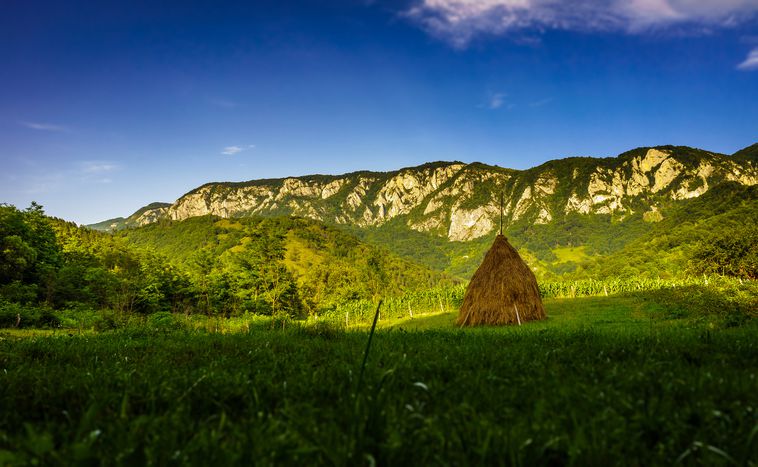
Renewable Energies: between Hope and Contradictions : Part II
Published on
Renewable Energies can also be a business far from the philanthropic or humanist engagements to preserve Planet Earth. Manufacturers in competition in such markets also want to see their investments grow despite a rather morose global context due to the financial crisis.
And opportunities in this sector are considerable both in industrialized and in emerging countries such as India or China, for example.
The challenge for Renewable Energies also appears to be a success in light of the numerous economic actors, the industrial and technological means and the research and development process developed by many countries in order to develop new energy sources.
The production system put into motion to fulfil these objectives is similar to that of other industrial sectors. It is geographically global; which is the main contradiction. Intended to reduce CO2 emissions, they need to be transported over millions of kilometres between manufacturers” and consumers’ zones. And today’s means of transportation use fossil energies. The market of renewable energies, today quite competitive, thus indirectly encourages a production system of global warming. The cells in photovoltaic panels are produced in China and destined to the European or American market. These cells are sold by millions on western markets while the Chinese have their own considerable market to develop
Europe in turn, will want to sell its end products to Madagascar, India or to North Africa, without however granting the technological transfers which would allow these countries to develop their own production locally.
These different issues illustrate quite clearly the recourse to logics which are quite far from the principles of sustainable development discussed during the various summits about the earth.
Beyond these paradoxes, European domestic markets have experienced rather positive transformations.
In France, the tradition is essentially nuclear with the world’s largest companies of the field and an energy issued mostly from this system of production near 80%. President Sarkozy’s announcement of the construction of a new EPR, but also the weight of the nuclear lobby within the political realm, source of wealth for the French economy, may impede reaching the declared 23% objective by 2010.
While the State financially supports electricity issued from solar energy, for example, it does not appear to be a driving force for the growth of green energies. Those who really favour the trend to green energies are in fact the 22 French regions. First, they help finance individuals wanting to install photovoltaic systems in their home. They also have encouraged the rise of networks of small businesses in this sector and want to develop innovative systems through closer contacts with the research realm at the national and European level.
These initiatives originate mostly from the regions in Southern France: Languedoc-Roussillon, Provence-Alpes-Côte d’Azur, Rhône-Alpes and Midi-Pyrénées. Small companies have a local logic in terms of employment and have little to do with the giants like EDF or Areva which, in turn, are no longer really present at the local level and the main priority of which is more to maximise their stakeholders’ profits.
Spain came up with gigantic projects such as the creation of the largest solar central in Europe near Seville and wind farms on the Meseta plateau and elsewhere in the country. This sector has allowed for the diversification of Spanish economy and for the emergence of large companies of international profile such as Vestas, specialised in wind produced energy. The country is however experiencing a brutal recession and the autonomous provinces as well as the central government must face other emergencies such as the collapse of the building sector and families’ debt. The administration no longer has the financial capacity to help clean energy sectors like in previous years.
Germany keeps stable but the markets are reaching saturation, as indicated by the slow down of solar panels sales. Its industrial champions, often important medium size companies or networks working internationally, still have economic outlets in rising markets such as France or those of emerging countries due to the quality of their production.
The race for Renewable Energies is full of contradictions on issues around the preservation of the environment.
This point does not seem to worry the major French actors such as EDF or Areva who used to develop nuclear energy and sell it as a clean energy. It is indeed the second French contradiction caught in between a very powerful nuclear energy industry and a governmental political discourse containing drops of ecological accents.
It is to be noted that this sector and more broadly those of the environment are today’s only lifeline to a breathless financial capitalism. The United States and most of the industrialised countries have understood this clearly. But, by using recipes which have shown their limits, one can wonder whether this system can be a long-term answer to the needs for development of populations in the north as well as in the south.
Marc Terrisse
Translation : Frédérique Destribats



